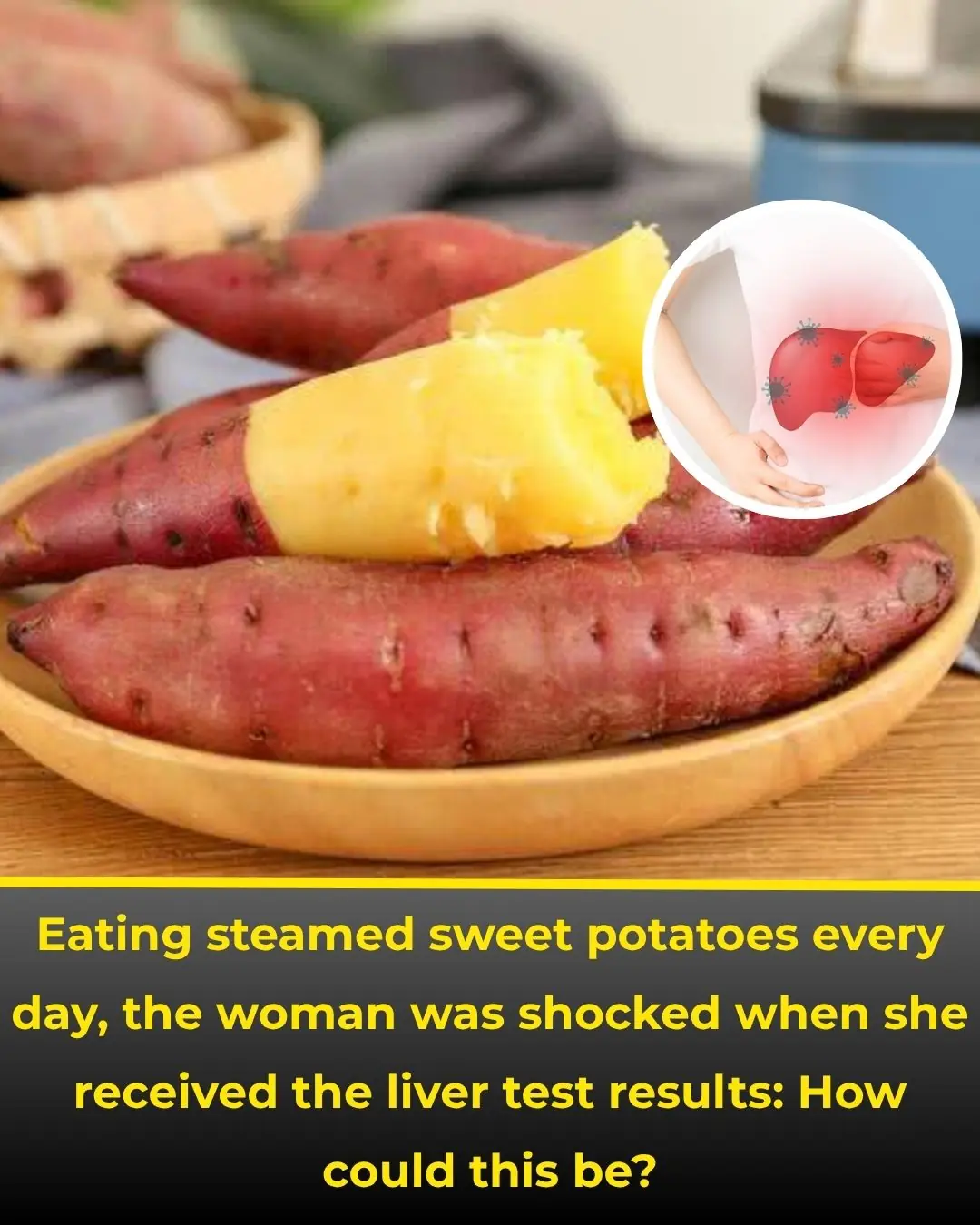
Drinking Water on an Empty Stomach: Japanese Water Therapy, What Science Says, and More
Drinking Water on an Empty Stomach: Japanese Water Therapy, What Science Says, and More
See What Happens When You Drink Water on an Empty Stomach
What if one of the simplest habits — drinking plain water first thing in the morning — could transform your energy, digestion, and skin health? That’s the promise behind Japanese Water Therapy, an age-old wellness ritual that encourages drinking water immediately after waking up, long before coffee or breakfast.
In a world full of complex detox programs and expensive superfoods, this approach stands out for its elegant simplicity. Japanese Water Therapy doesn’t rely on supplements or fads — just pure hydration. It’s said to boost metabolism, cleanse the system, and even prevent chronic disease. But how much of this is science, and how much is tradition? Let’s explore what’s known, what’s myth, and how to safely practice this morning ritual.

Why Water Matters: The Foundation of All Wellness
Water is life — literally. Roughly 60% of the human body is made up of water, and nearly every biological function depends on it. From your brain to your muscles, from digestion to detoxification, hydration is the invisible engine that keeps everything running.
Drinking enough water each day helps to:
-
Energize muscles and joints for better performance.
-
Support kidney and liver function by flushing out metabolic waste.
-
Aid digestion and regularity, preventing constipation.
-
Enhance skin health, maintaining elasticity and that coveted glow.
-
Curb calorie intake by reducing cravings and replacing sugary beverages.
These are well-established benefits. But when and how you drink water can also influence its effects — and that’s where Japanese Water Therapy comes in.
The Rise of Morning Hydration Rituals
Across the world, people are rediscovering the power of water. From lemon water detoxes to Ayurvedic cleansing routines, morning hydration has become a cornerstone of modern wellness.
Japanese Water Therapy takes this idea further, suggesting that pure, slightly warm water is the ultimate elixir for health. Similarly, traditional Ayurvedic medicine in India recommends “Usha Paana Chikitsa” — drinking water at dawn to cleanse the body and awaken digestion. Both systems share the same core belief: hydration on an empty stomach helps reset the body after a night’s rest.
But while these rituals are culturally significant, their scientific backing varies widely — and that’s important to understand.
What Exactly Is Japanese Water Therapy?
Japanese Water Therapy is said to have originated in Japan’s early 20th century wellness movement, though its roots may trace back even further. It gained global attention for claims that it could treat conditions ranging from minor ailments like headaches and constipation to serious illnesses such as diabetes, arthritis, tuberculosis, and even cancer.
Such sweeping claims, while intriguing, are not supported by modern science. That said, the practice does encourage hydration and mindful self-care — two undeniably healthy habits.
How to Practice Japanese Water Therapy
Here’s how the therapy is typically performed:
-
Drink Water Immediately Upon Waking
As soon as you wake up, drink 640 ml (about 4 glasses) of pure water — ideally filtered and slightly warm. Avoid cold or chilled water, which is believed to shock the system. -
Brush and Wait
Brush your teeth, but don’t eat or drink anything else for 45 minutes. This waiting period is said to give your body time to absorb the water and start internal cleansing. -
Eat Breakfast Normally
After the 45-minute gap, eat as usual. -
Post-Meal Pause
Refrain from eating or drinking anything for at least two hours after meals.
This structured routine reflects the broader Eastern principle of aligning daily habits with the body’s natural rhythms.
Suggested Duration for Specific Conditions
Traditional practitioners of Japanese Water Therapy recommend varying durations depending on the condition:
-
High blood pressure: 30 days
-
Diabetes: 30 days
-
Gastritis or constipation: 10 days
-
Arthritis: Gradual introduction, starting 3 days a week
-
Tuberculosis: 90 days
-
Cancer: 180 days
While these timelines circulate widely online, it’s crucial to note that there is no clinical evidence validating them. The therapy should not be used as a substitute for medical treatment.
Does Science Support the Claims?
So far, no scientific studies directly validate Japanese Water Therapy’s disease-curing claims. However, science does support several of its indirect benefits:
-
Hydration after sleep helps compensate for fluid loss during the night.
-
Drinking water before meals can aid digestion and moderate calorie intake.
-
Morning hydration may improve alertness and mental clarity.
Still, claims that water alone can cure cancer, arthritis, or tuberculosis are medically unfounded and potentially dangerous if they lead people to skip proper treatment.
That said, using this practice as a daily hydration habit can improve energy levels, support digestion, and promote mindfulness — all valuable to overall wellness.
A Similar Tradition: India’s Usha Paana Chikitsa
Interestingly, Japan isn’t the only culture that promotes morning water therapy. In India, an Ayurvedic practice known as Usha Paana Chikitsa — literally “early morning water treatment” — has been used for centuries.
The difference lies mainly in quantity. Ayurveda recommends drinking 1.5 liters (6–7 glasses) of lukewarm or room-temperature water immediately after waking. This is believed to:
-
Flush toxins from the digestive tract
-
Activate metabolism
-
Cleanse internal organs
-
Improve skin and circulation
Ayurveda emphasizes mindfulness — sipping the water steadily, not gulping it — to enhance absorption and stimulate the digestive system gently.
However, science again shows that while hydration benefits are real, there’s no evidence that drinking huge quantities all at once provides unique or “detoxifying” effects.
When Too Much Water Becomes Dangerous
Hydration is essential, but overdoing it can backfire. Drinking excessive amounts of water — especially quickly — can overwhelm your kidneys, leading to hyponatremia (low sodium levels in the blood).
Here’s why this matters:
-
Kidney Capacity Has Limits
The kidneys can process about 800–1,000 ml per hour. Exceeding that can dilute electrolytes faster than your body can rebalance them. -
Hyponatremia Is Serious
When sodium levels drop, cells begin to swell. Symptoms range from nausea and confusion to seizures and, in severe cases, coma or death. -
Early Symptoms Are Easy to Miss
Confusion, headache, and vomiting are often mistaken for fatigue or dehydration. Recognizing them early can prevent life-threatening complications. -
Water Isn’t a Magic Cure
While it supports every organ in the body, water alone doesn’t cure diseases. Drinking excessive amounts won’t “wash away” arthritis, diabetes, or cancer — and may even cause discomfort or electrolyte imbalance.
How Much Water Do You Really Need?
The popular “8 glasses a day” rule is just a rough estimate. Your ideal intake depends on age, weight, activity level, diet, and environment. A balanced approach is to drink when you’re thirsty and ensure your urine is pale yellow — a natural sign of proper hydration.
Most health experts agree:
-
Average adult women need about 2–2.5 liters per day.
-
Men generally need 3 liters or more, depending on activity level.
-
Those in hot climates or who exercise heavily may require more.
Listening to your body is better than following rigid numbers.
The Bottom Line
Japanese Water Therapy beautifully blends tradition, mindfulness, and self-care — all through the humble act of drinking water. While it’s not a miracle cure, it’s a gentle and effective way to prioritize hydration, especially in the morning when your body is naturally dehydrated.
Science supports the principle — not the exaggerated promises. Proper hydration enhances metabolism, skin health, digestion, and energy. But balance matters. Drinking too much or relying solely on water for serious illnesses can do more harm than good.
The takeaway? Stay hydrated, stay balanced, and stay realistic. Enjoy water for what it truly is — one of nature’s simplest, most powerful tools for sustaining life.
News in the same category

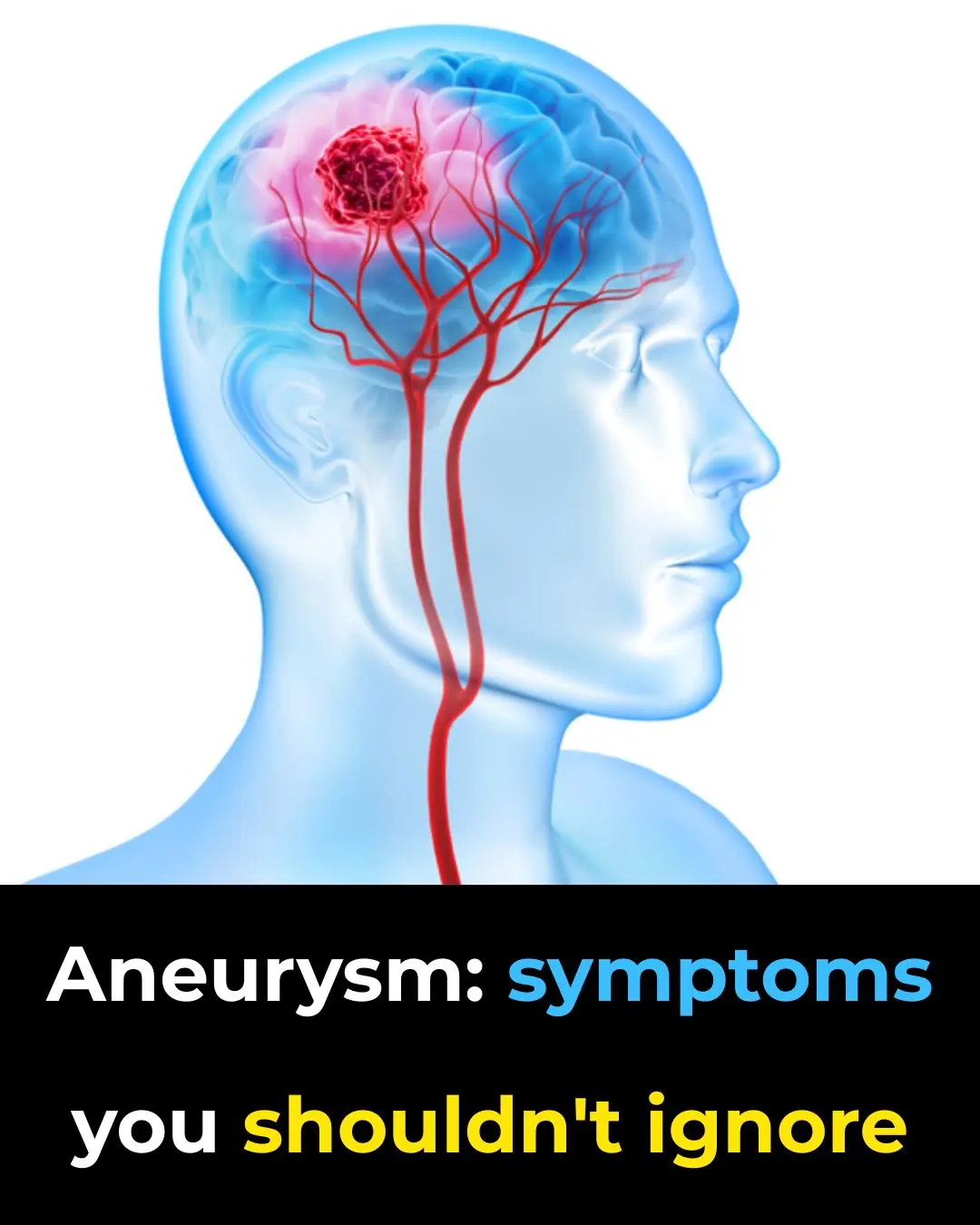
Warning Signs You Should Never Ignore: The Silent Symptoms of a Brain Aneurysm
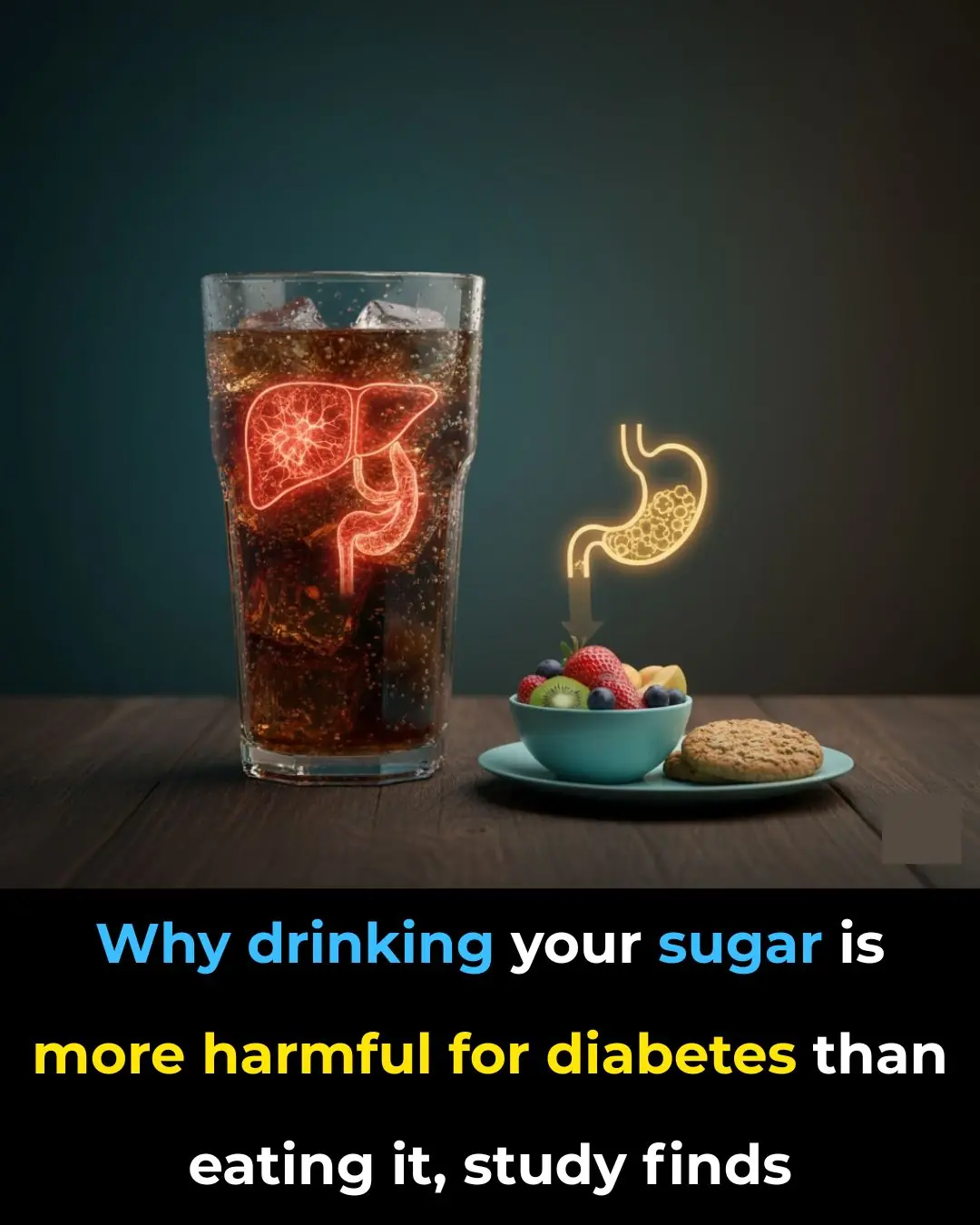
Why drinking your sugar is more harmful for diabetes than eating it, study finds

Thyme Essential Oil Shows Signs of Killing Lung, Oral and Ovarian Cancer
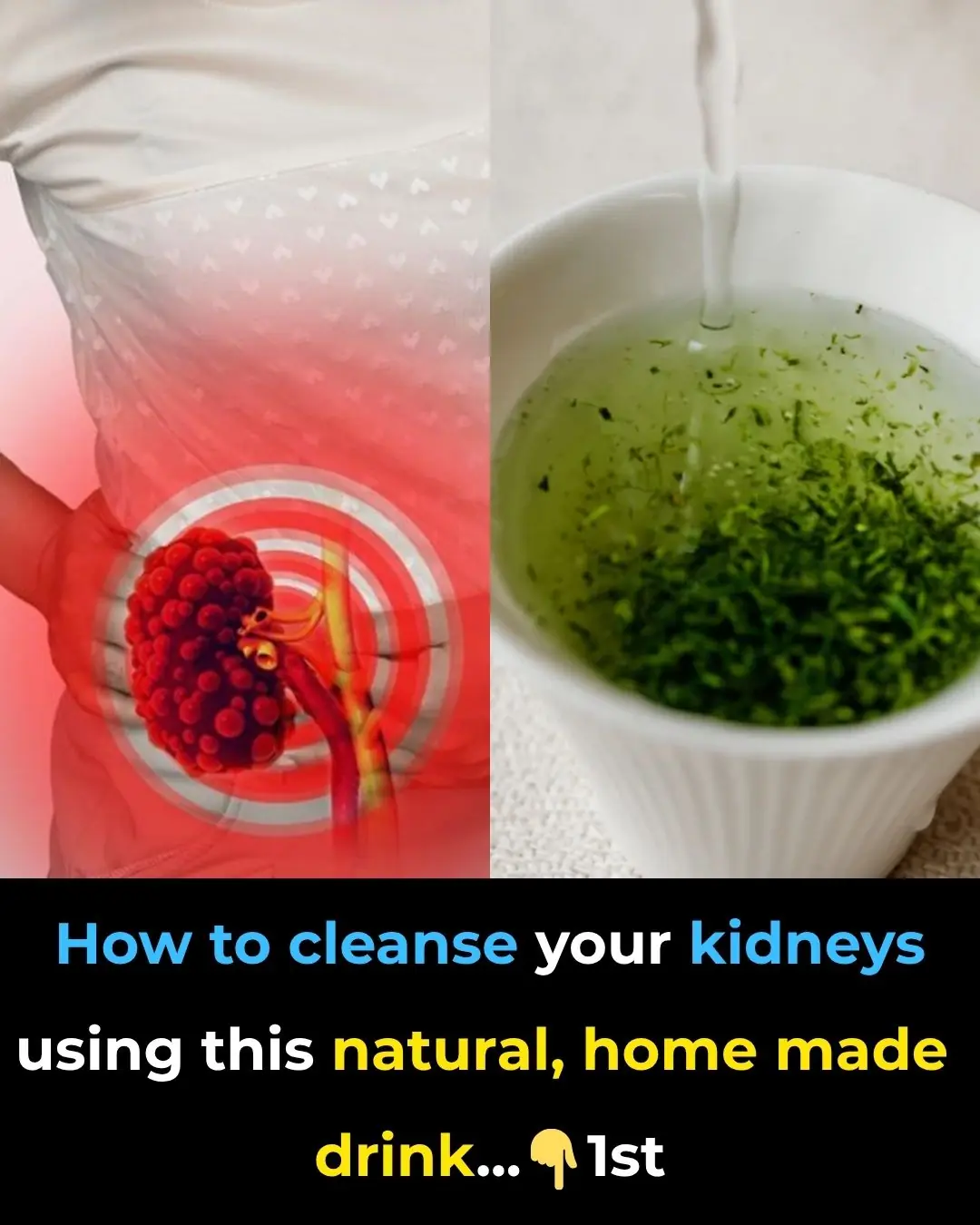
How to cleanse your kidneys using this natural, home made drink
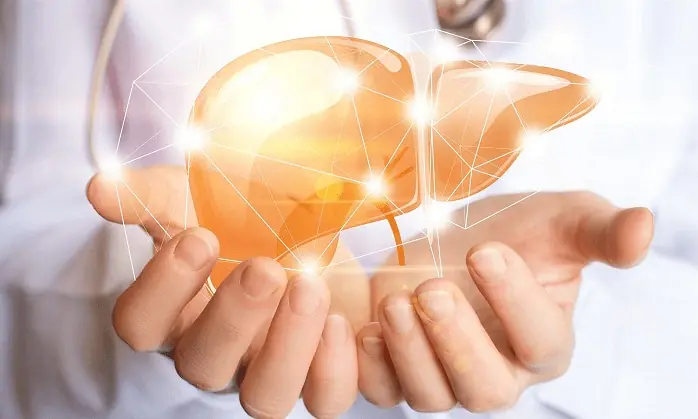
Science backs it up: 3 fruits that fight liver fat, regulate sugar and cholesterol
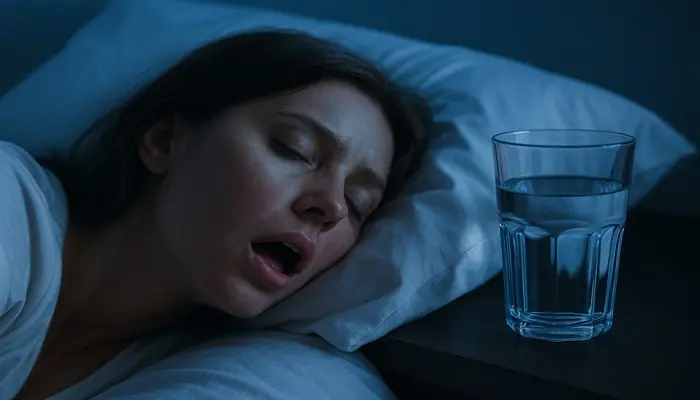
People whose mouths feel dry when sleeping at night need to know these 8 reasons
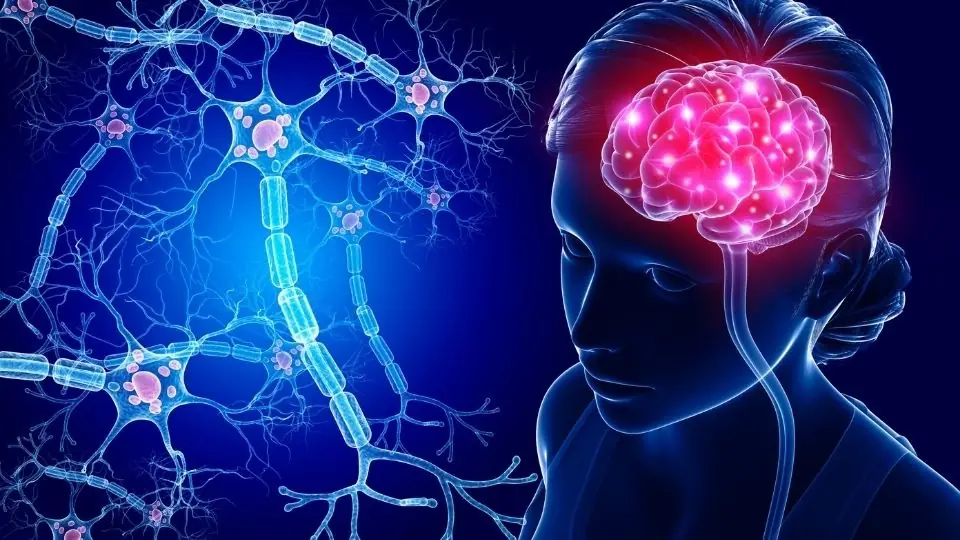
Scientists explain shocking reality of what your brain sees right before you die

Neurologist Advises Ceasing Beer Consumption by Age 65
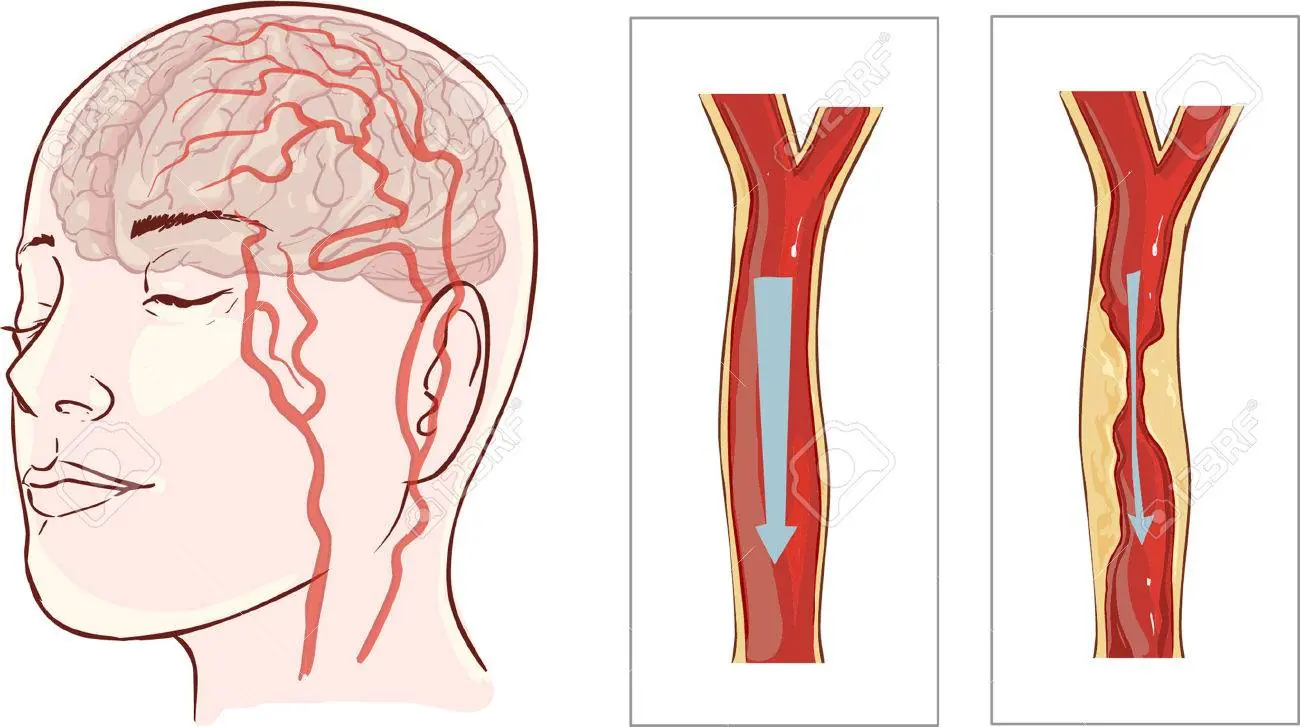
Eat This — It Opens Arteries to Your Heart and Brain
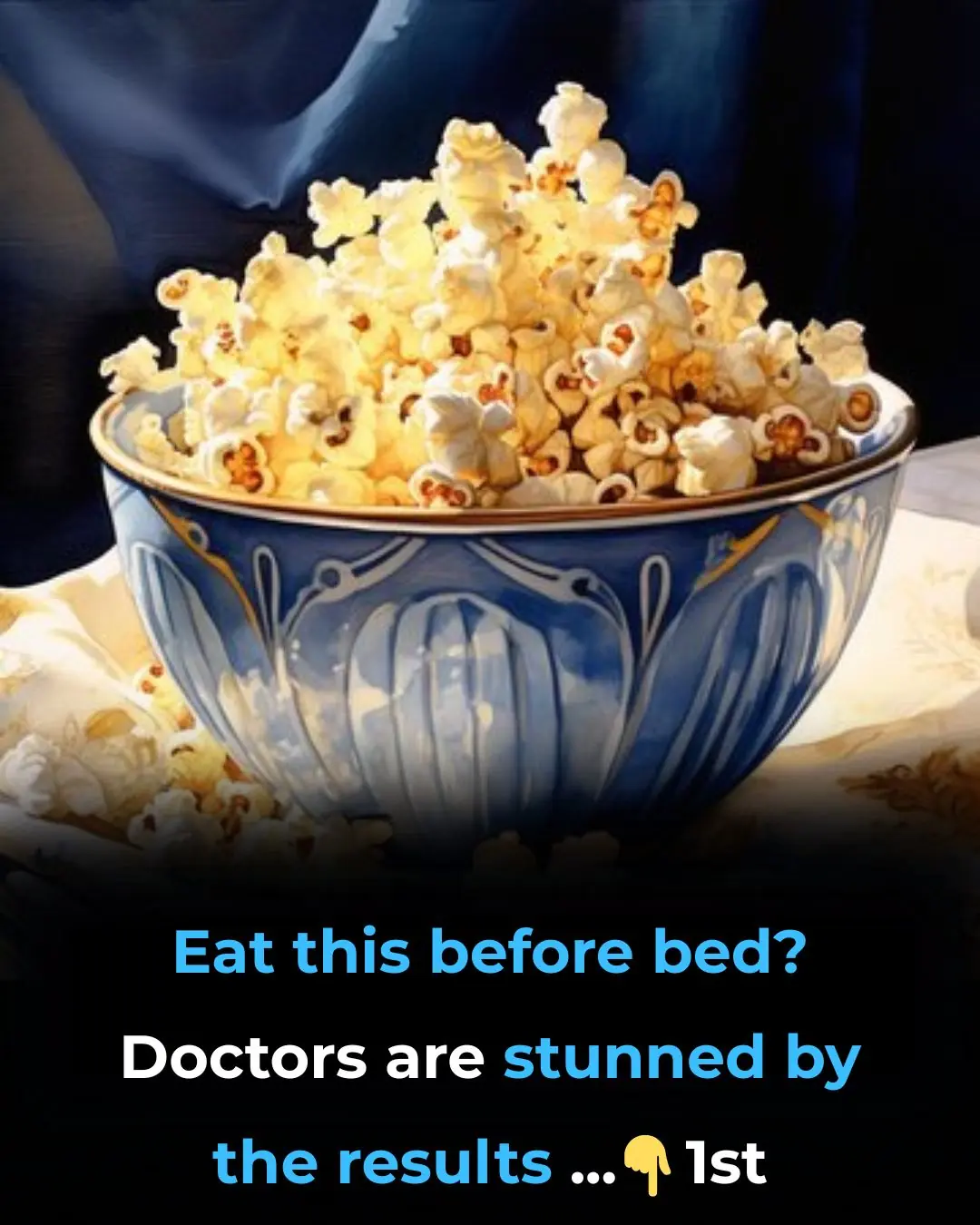
Eat this before bed? Doctors are stunned by the results
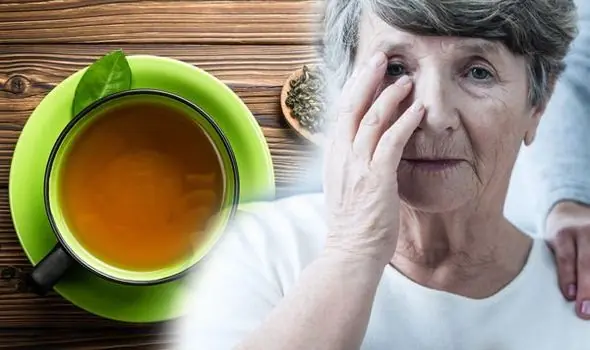
The Vitamin and Tea Combo Linked to Alzheimer’s Protection
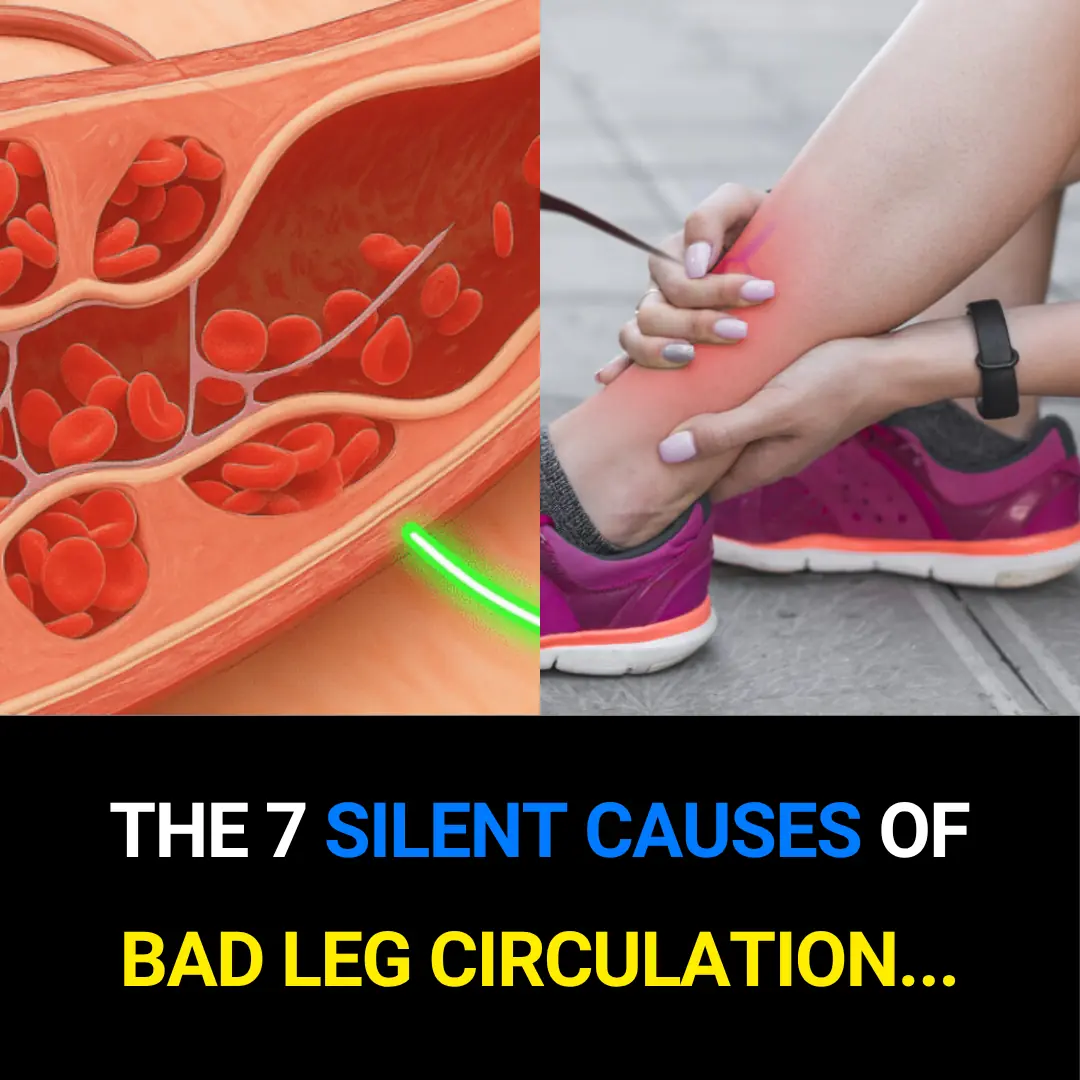
The 7 Silent Causes of Poor Leg Circulation — And How to Fix Them Naturally
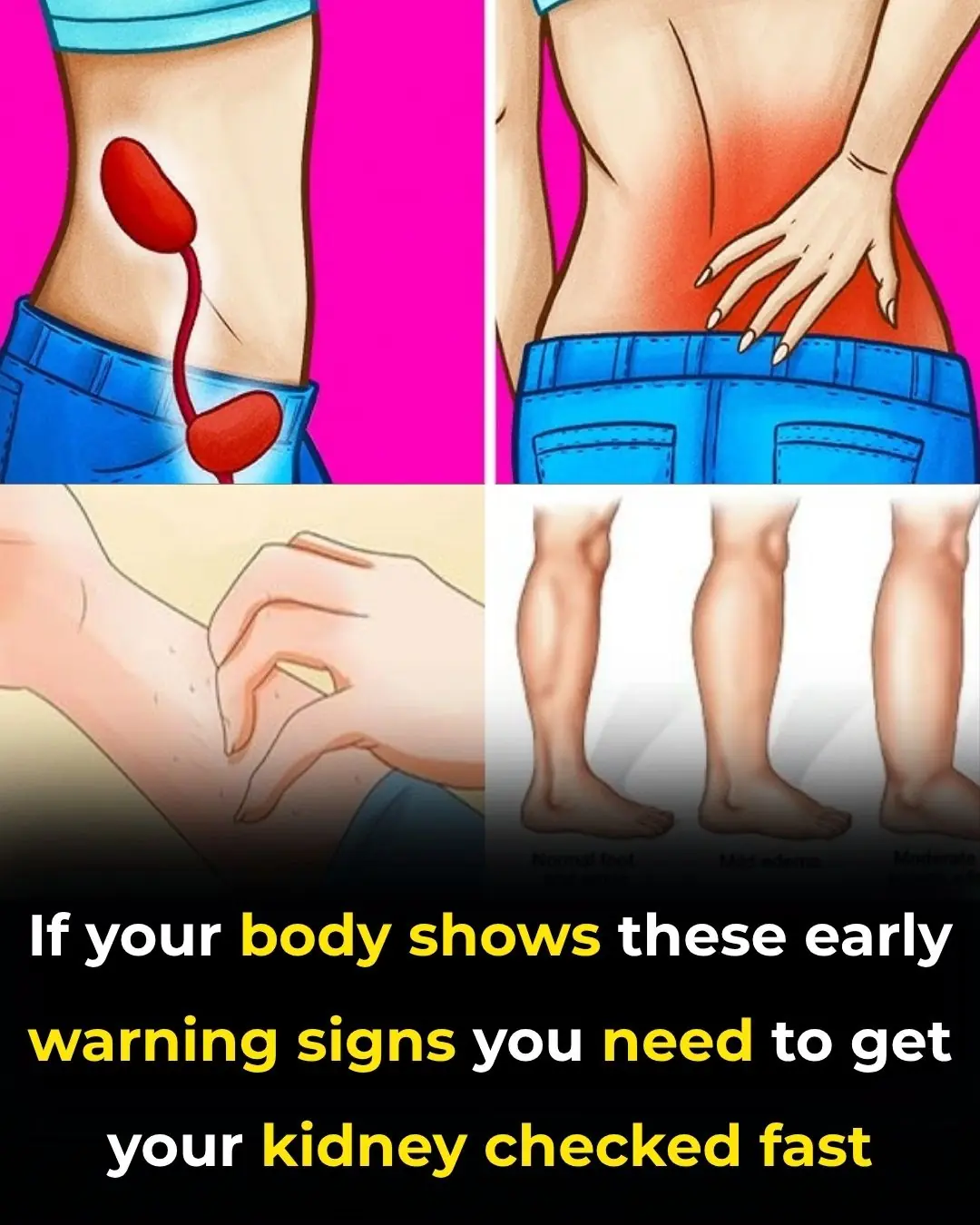
Early Signs of Kidney Disease & How to Protect Your Kidneys (Evidence Based)
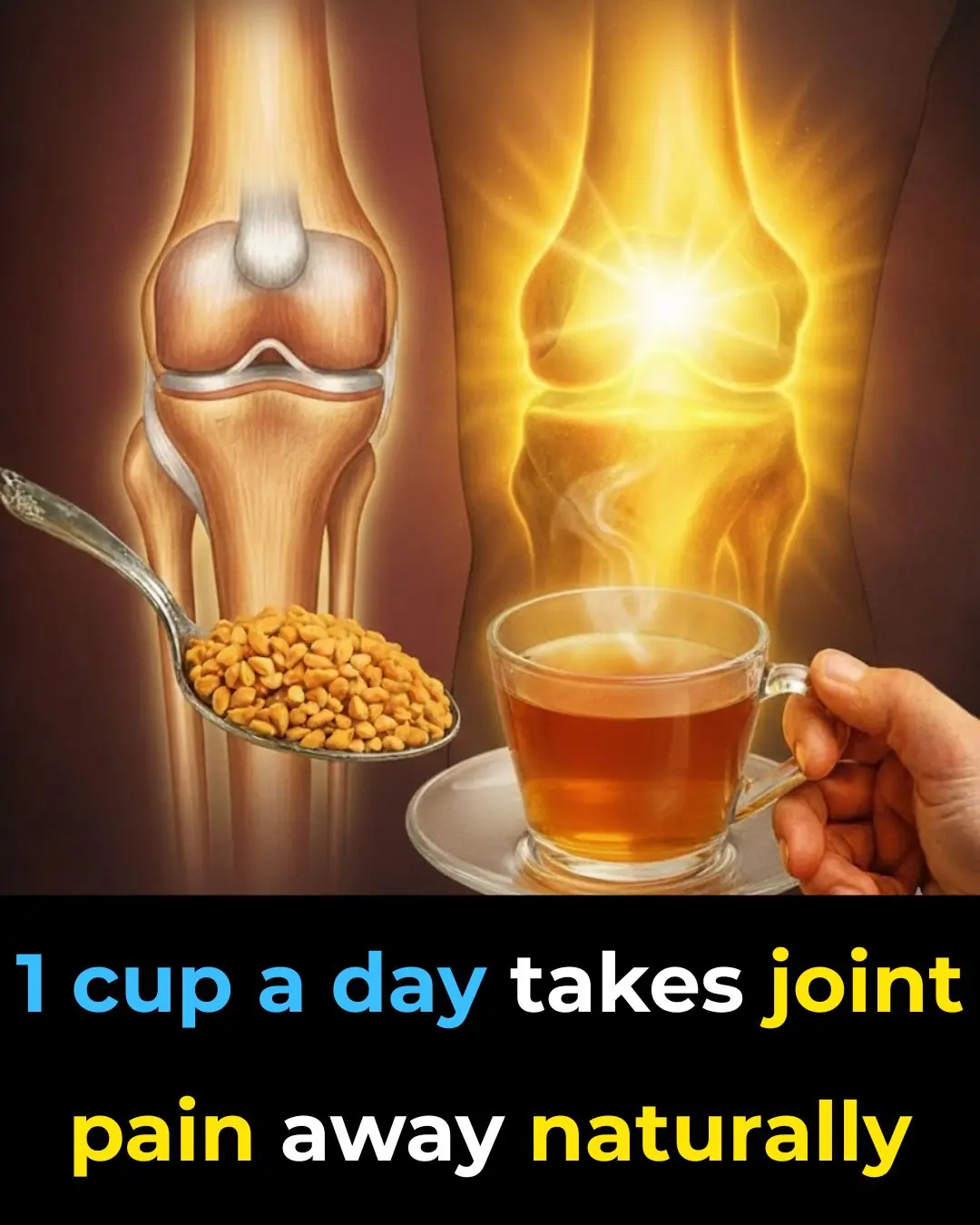
1 cup a day takes joint pain away naturally

Feeling sluggish after meals? 7 natural ways to improve bile flow and boost digestion

Don’t ignore these 12 bizarre signs you need more vitamin B1!
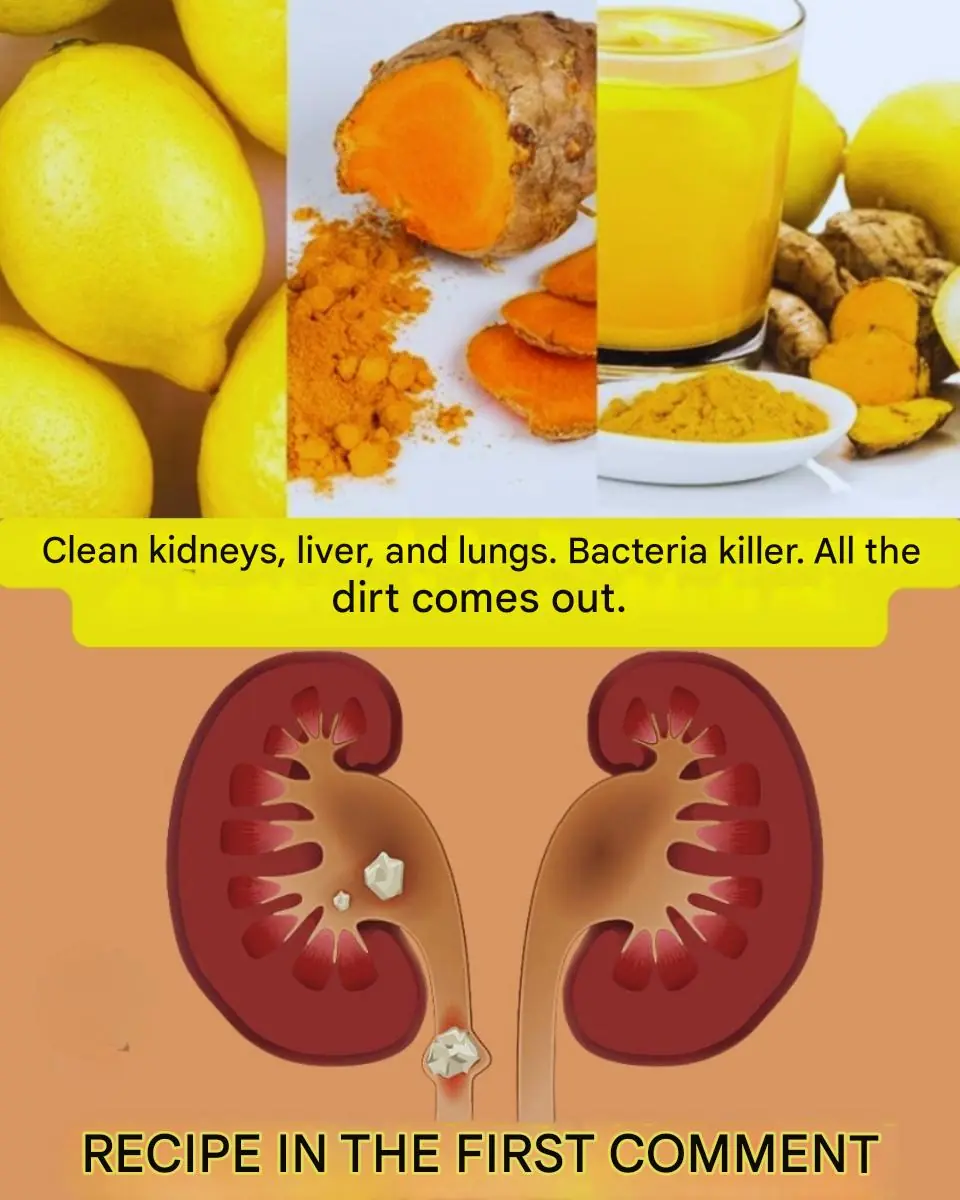
Orange & Ginger Cleanse Juice for Kidneys, Lungs & Liver
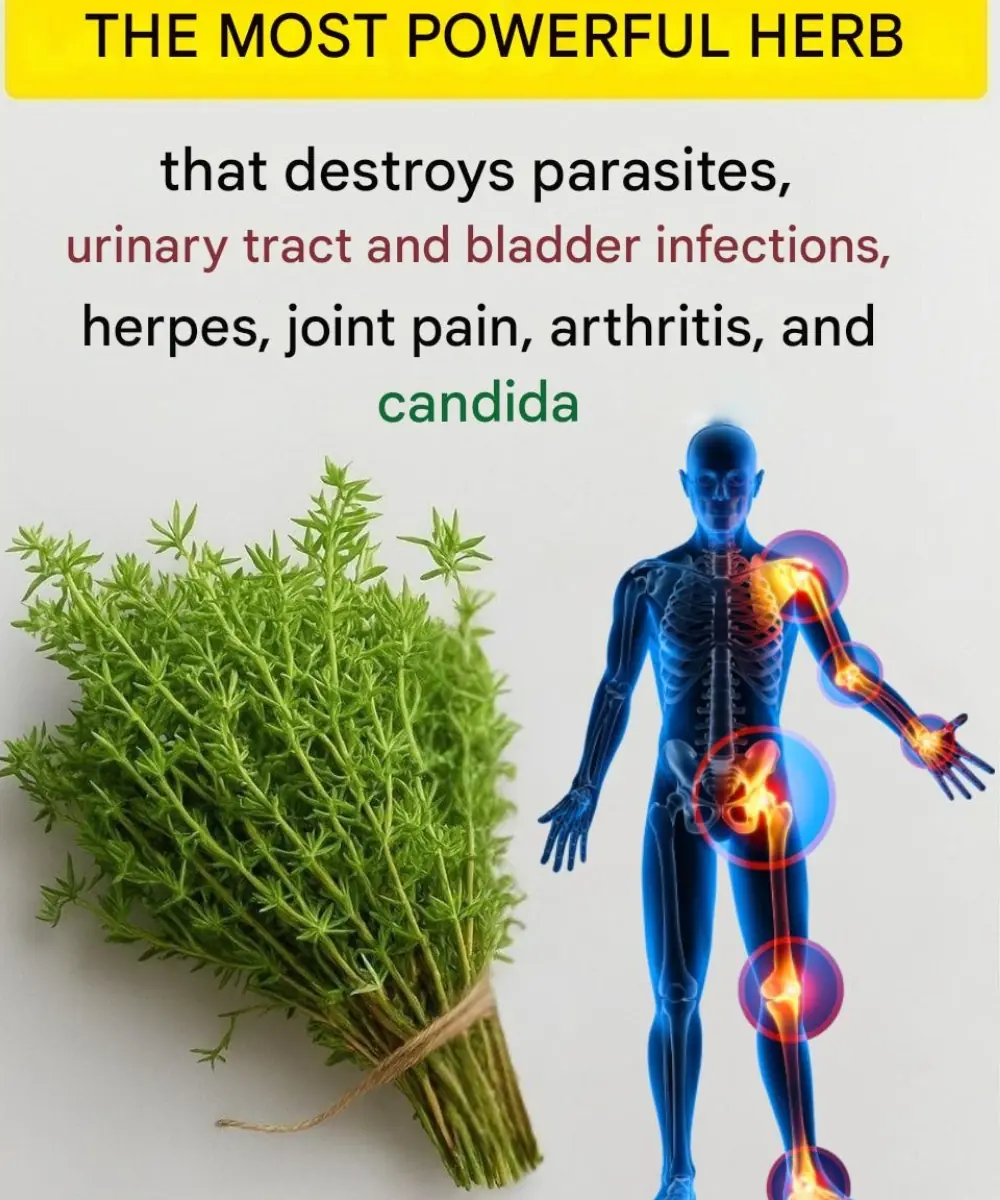
Thyme: The Natural Remedy for a Variety of Health Problems
News Post

Eating Steamed Sweet Potatoes Every Day: A Woman Shocked by Her Liver Test Results

Warning Signs You Should Never Ignore: The Silent Symptoms of a Brain Aneurysm

Model Loses Both Legs After Toxic Shock Syndrome From Everyday Tampon Use
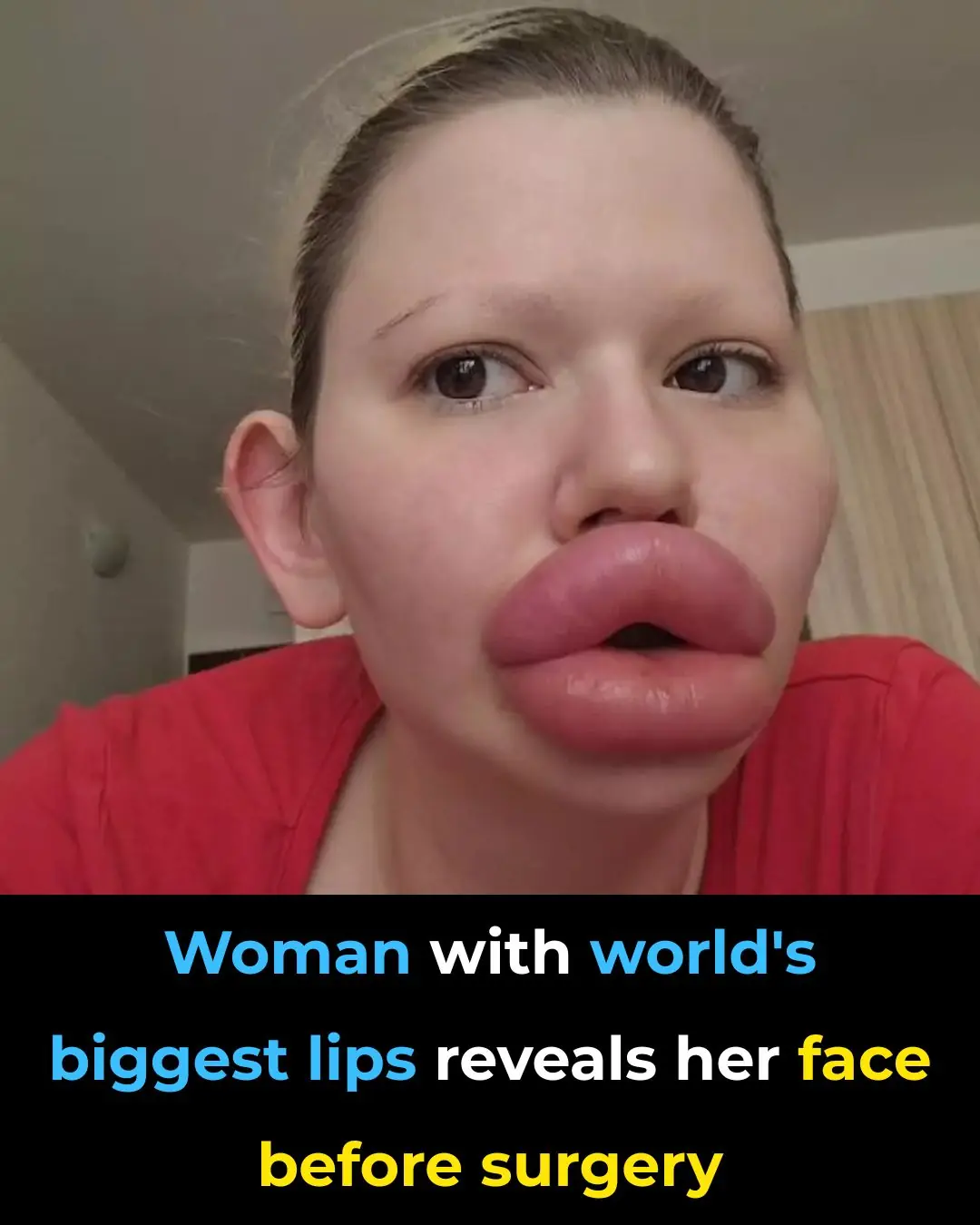
Before And After: Woman With Extreme Lip Enhancements Reveals Old Look

Tragic End: Georgia O’Connor Passes Away Weeks After Wedding Amid Medical Neglect
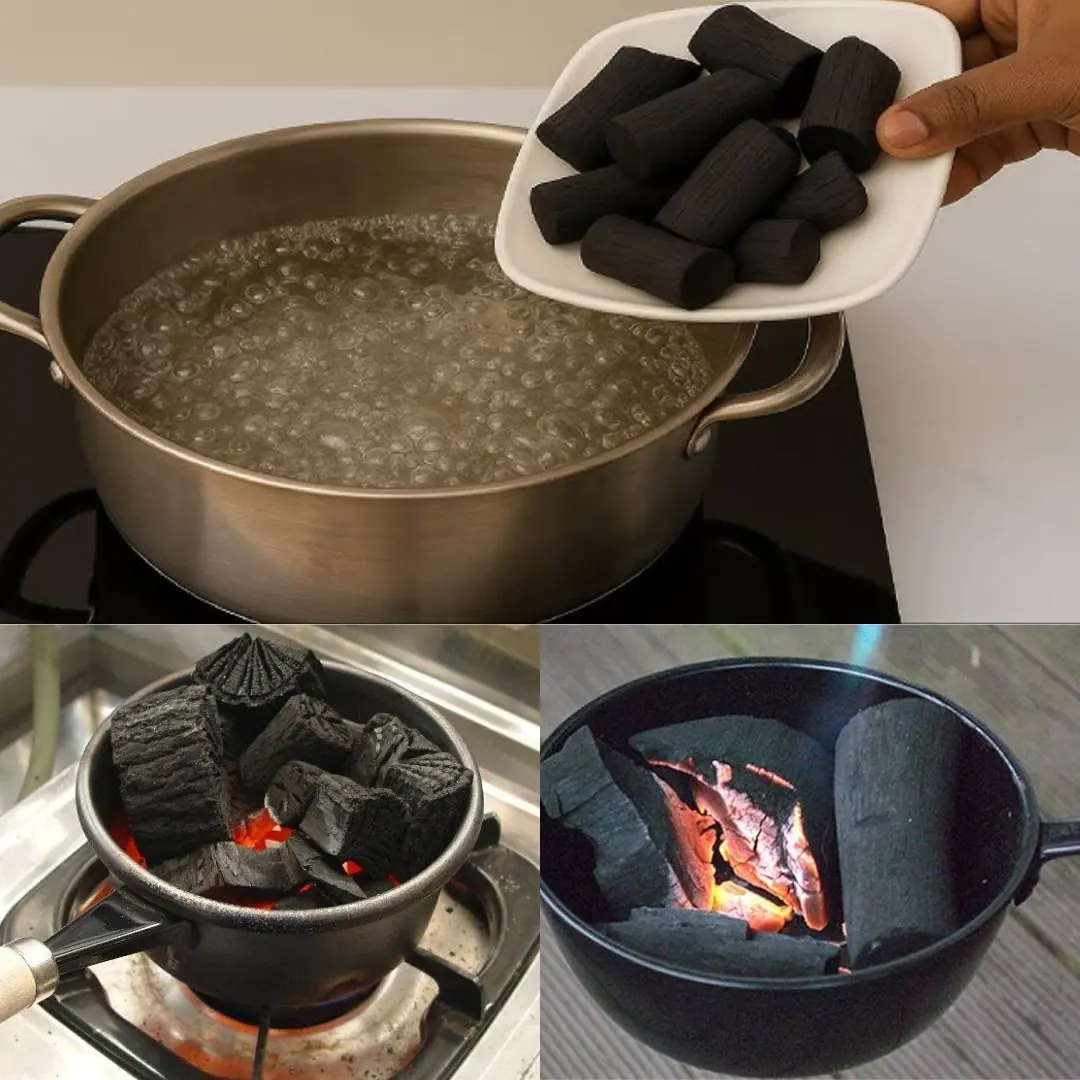
DIY Survival Water Filter: A Simple Life-Saving Tool You Can Make Anywhere
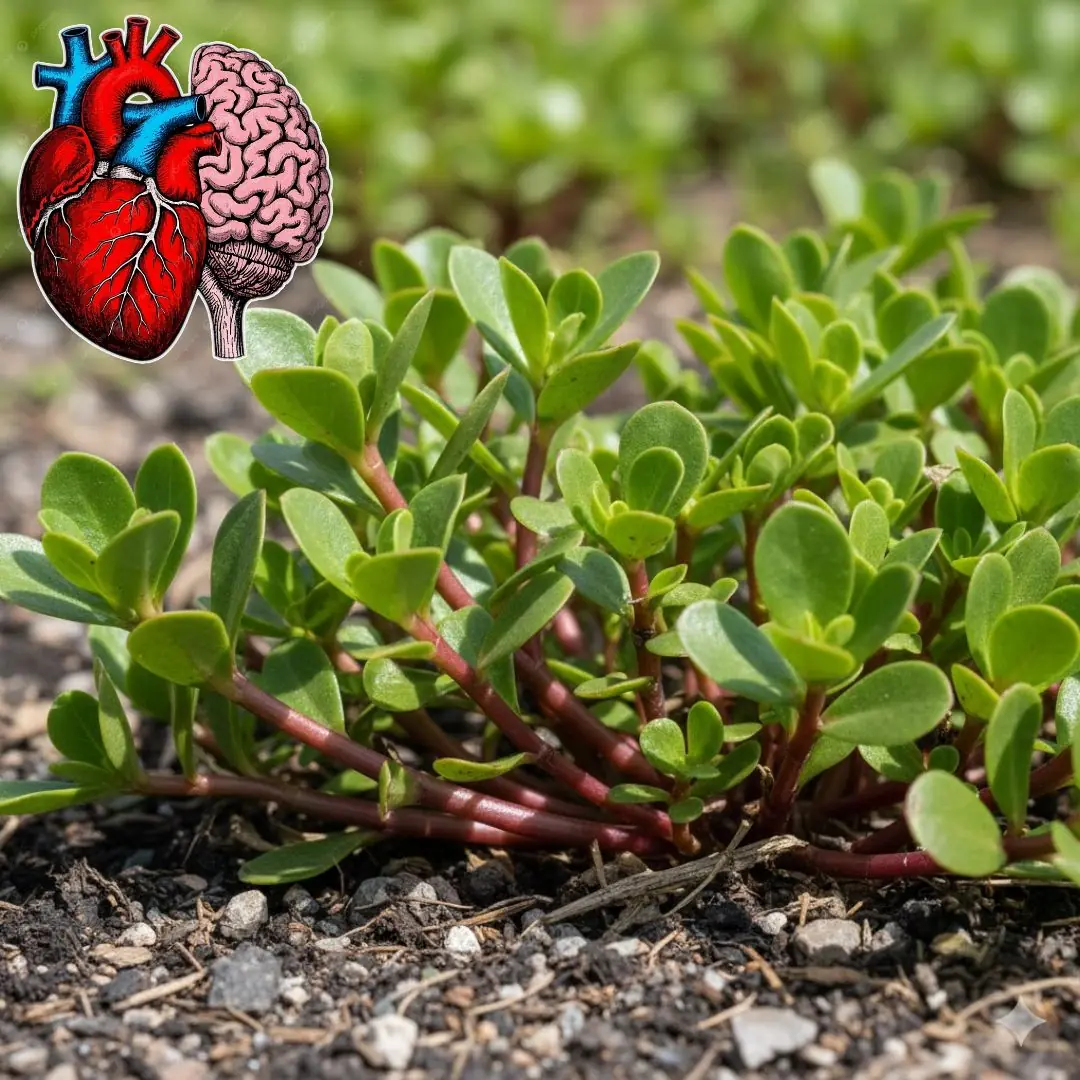
30 Powerful Reasons You Should Stop Ignoring Purslane

Why drinking your sugar is more harmful for diabetes than eating it, study finds
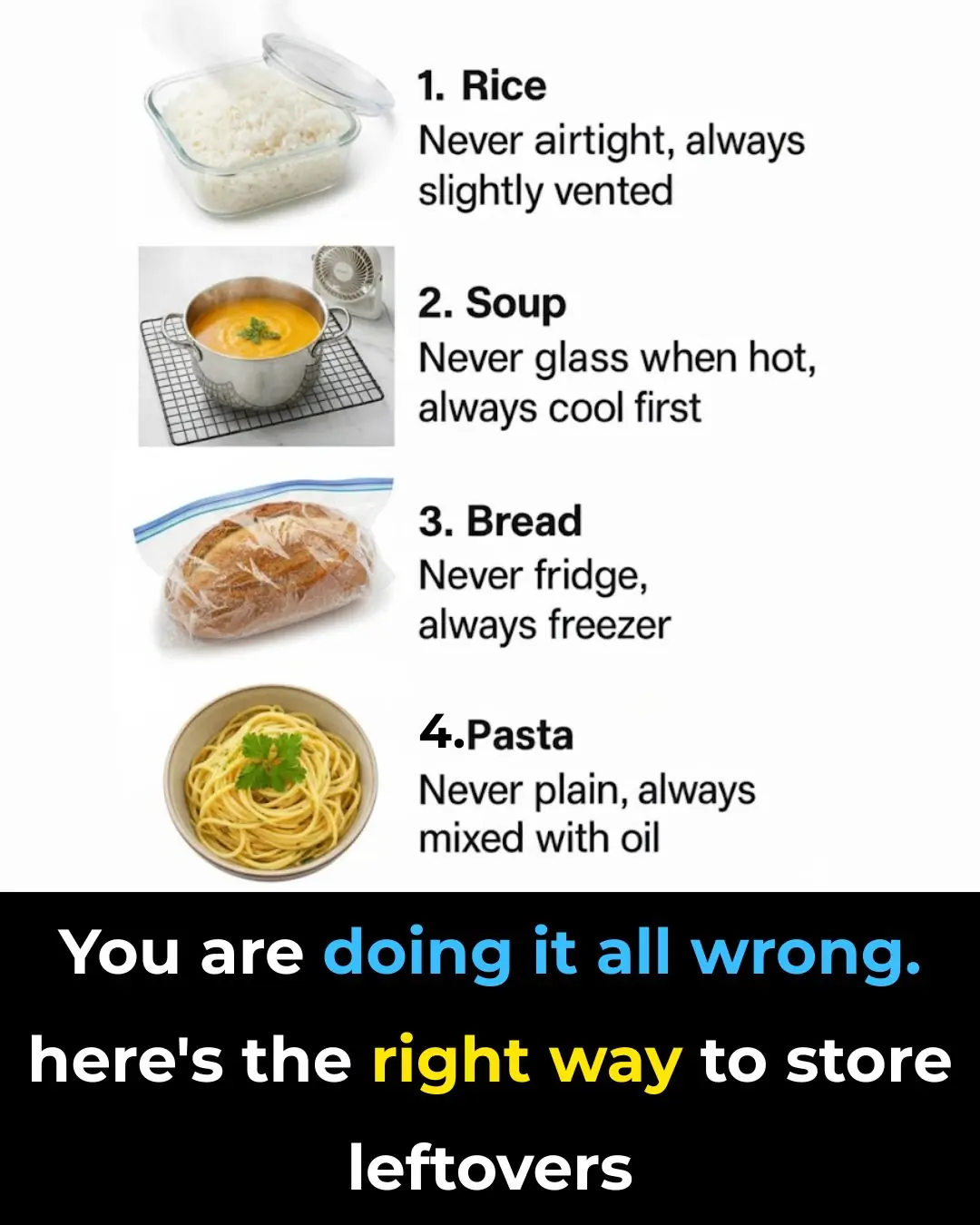
You are doing it all wrong. Here’s the right way to store leftovers

When a cat rubs against you, this is what it means

Zodiac Signs Most Likely to Have Prophetic Dreams
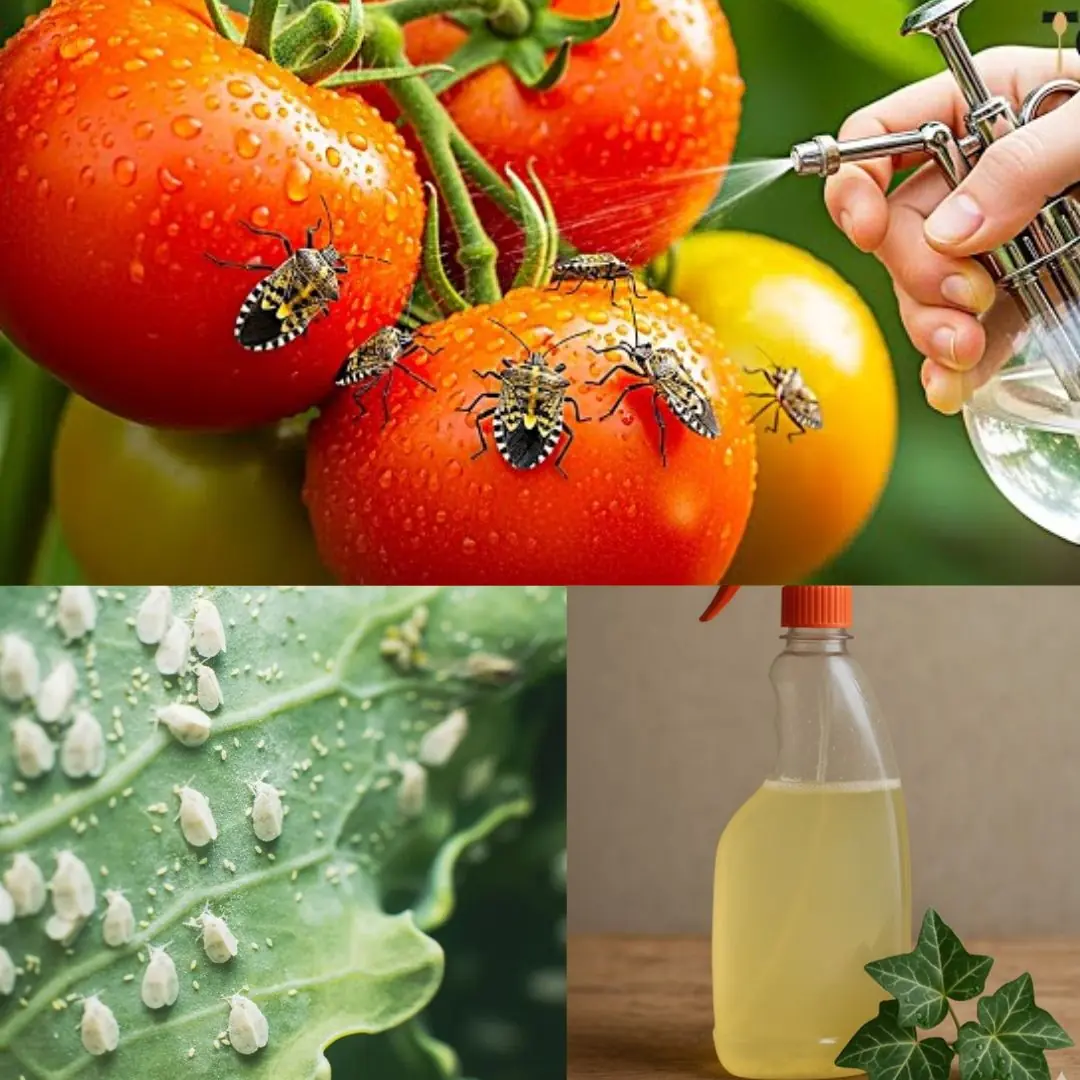
Ivy and Vinegar: A Safe and Natural Spray to Keep Pests Off Your Garden
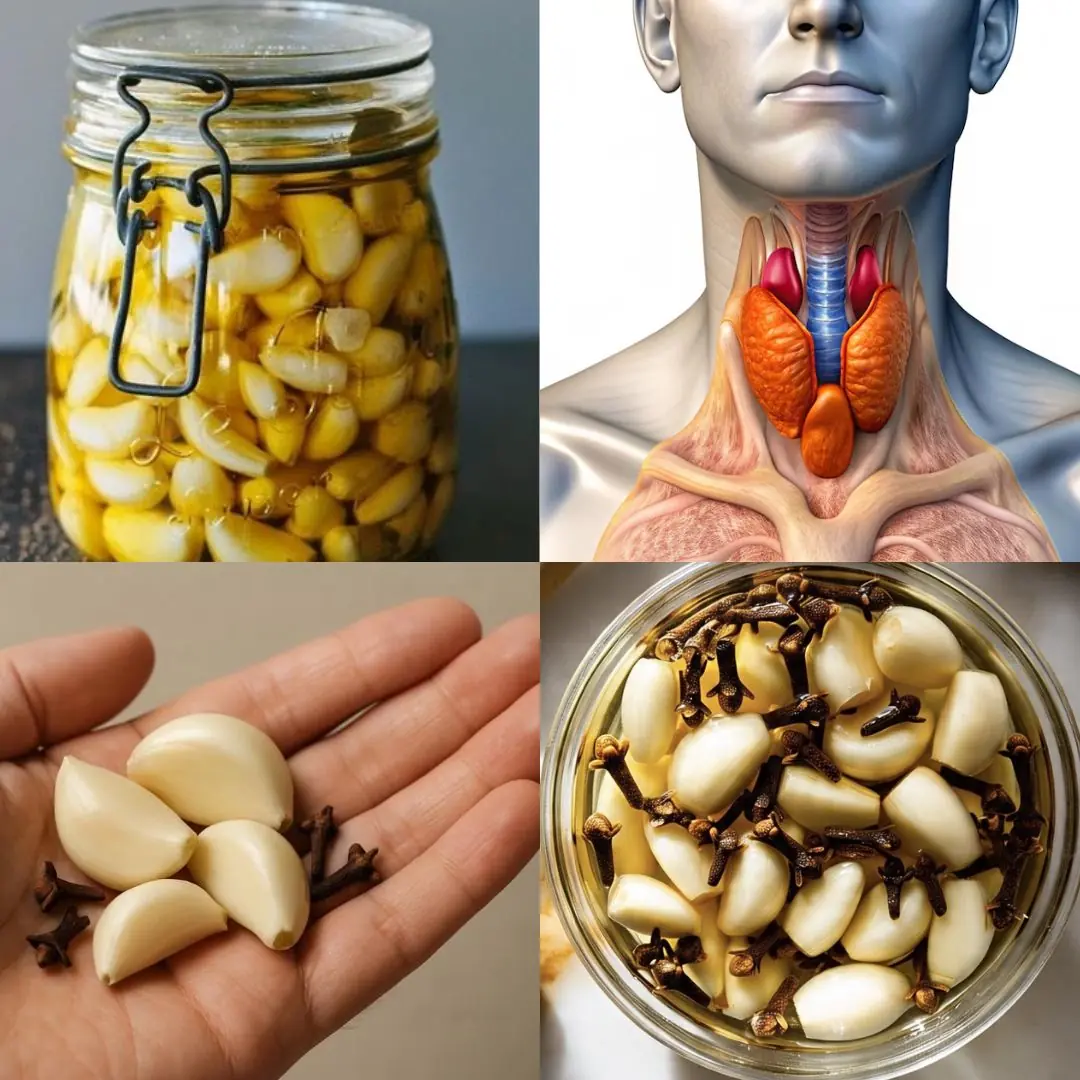
Garlic, Honey, and Cloves – a powerful natural remedy packed with health benefits
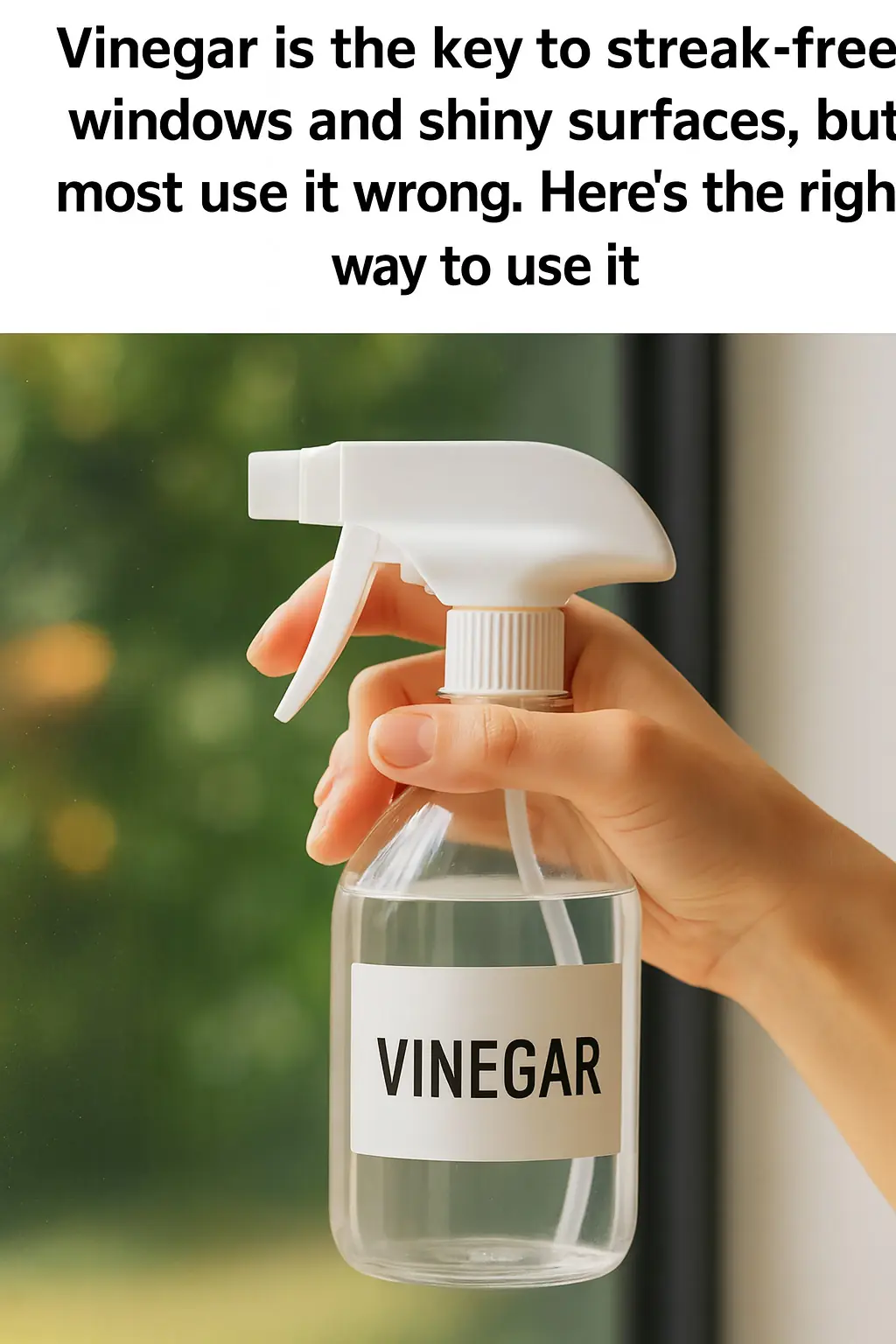
Vinegar is the key to streak-free windows and shiny surfaces, but most use it wrong. Here's the right way to use it

Haven't heard that before
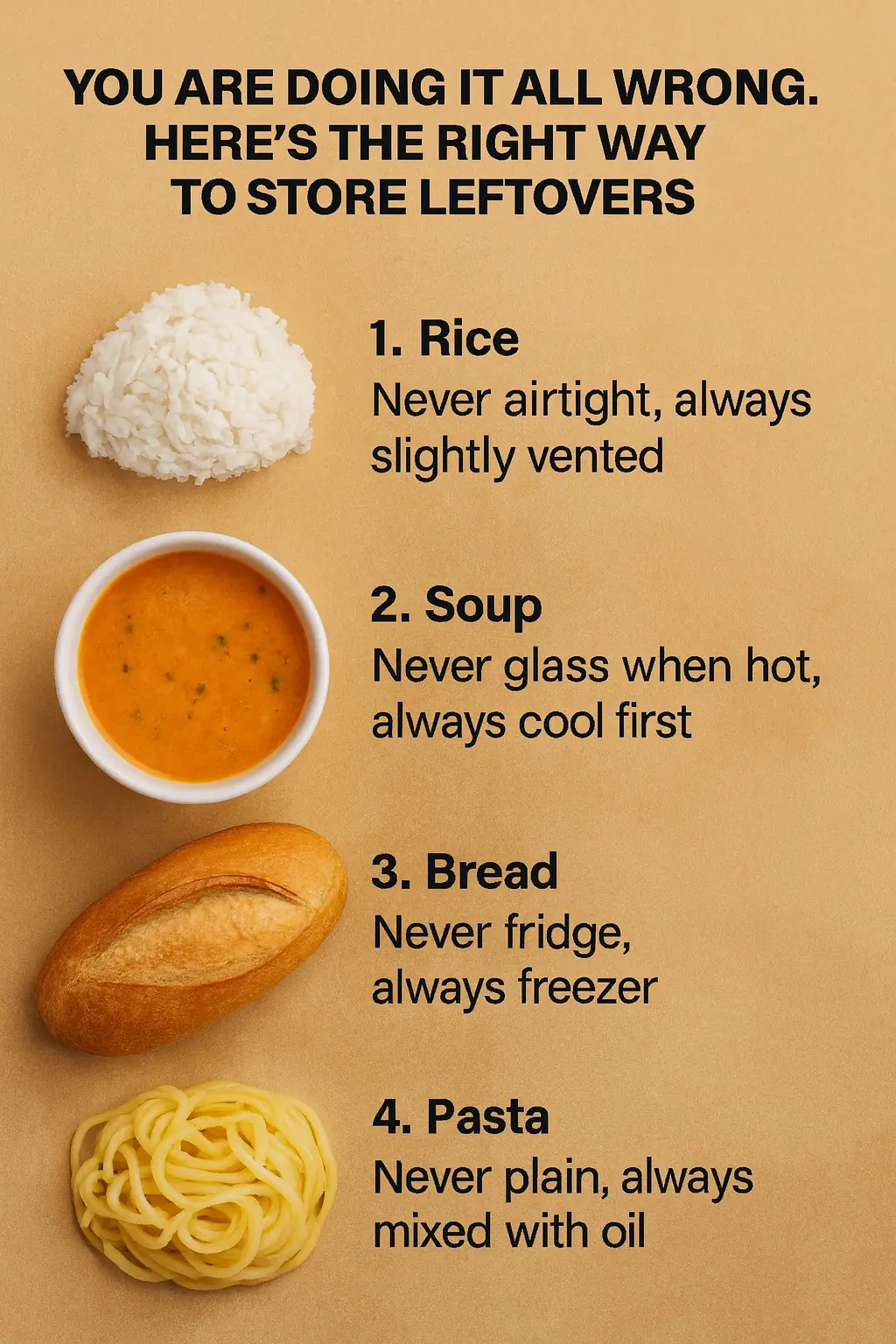
You are doing it all wrong. Here’s the right way to store leftovers
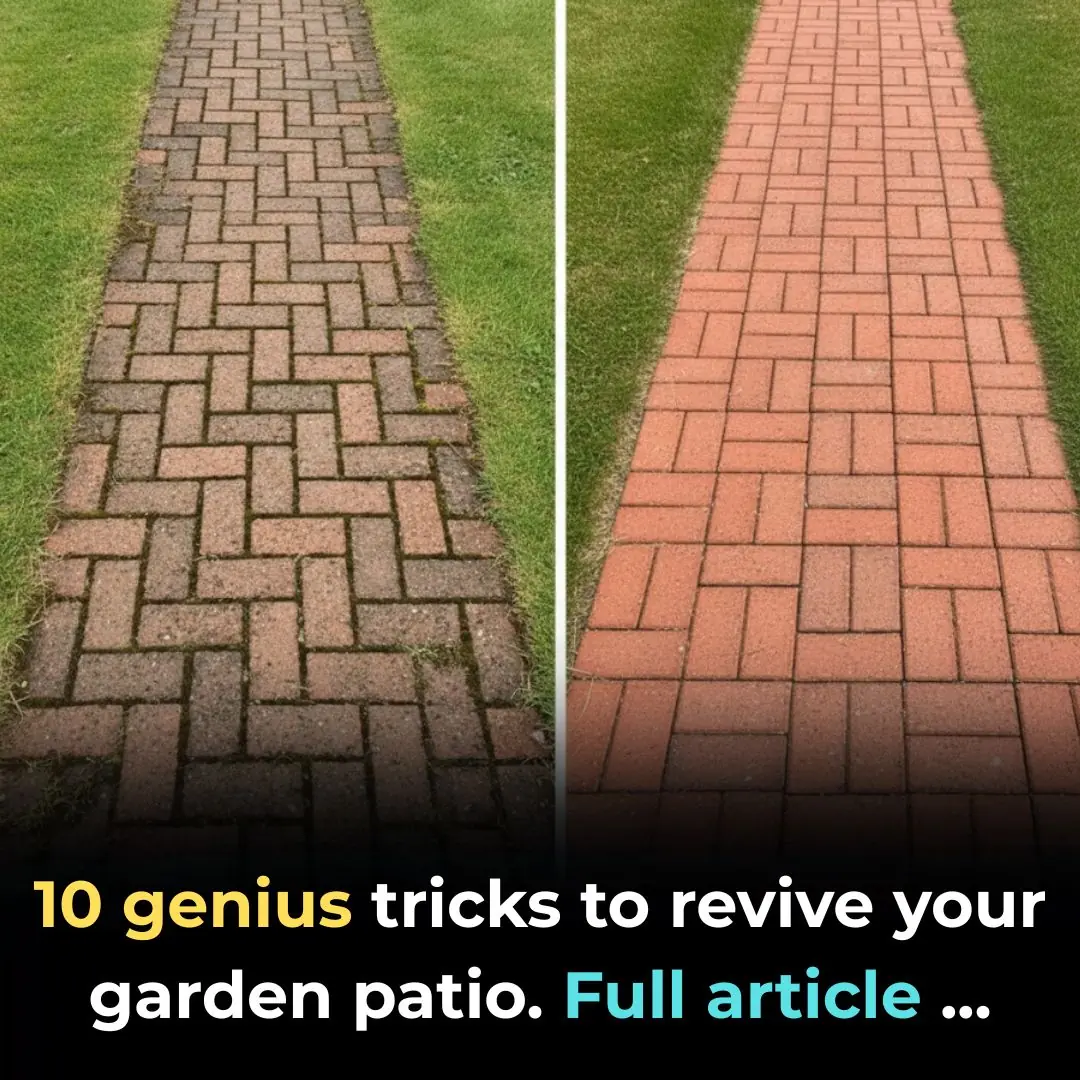
10 genius tricks to revive your garden patio
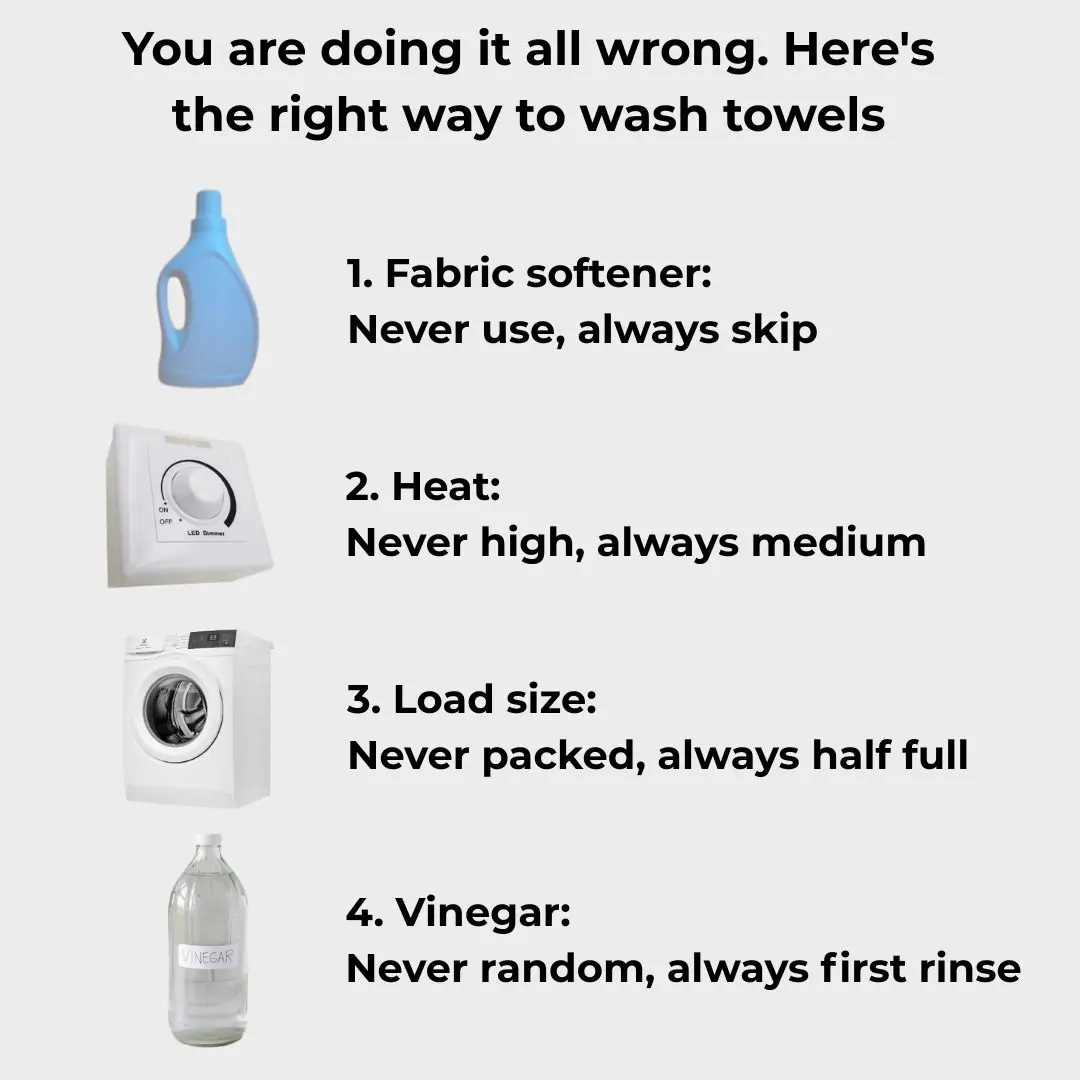
You are doing it all wrong. Here’s the right way to wash towels
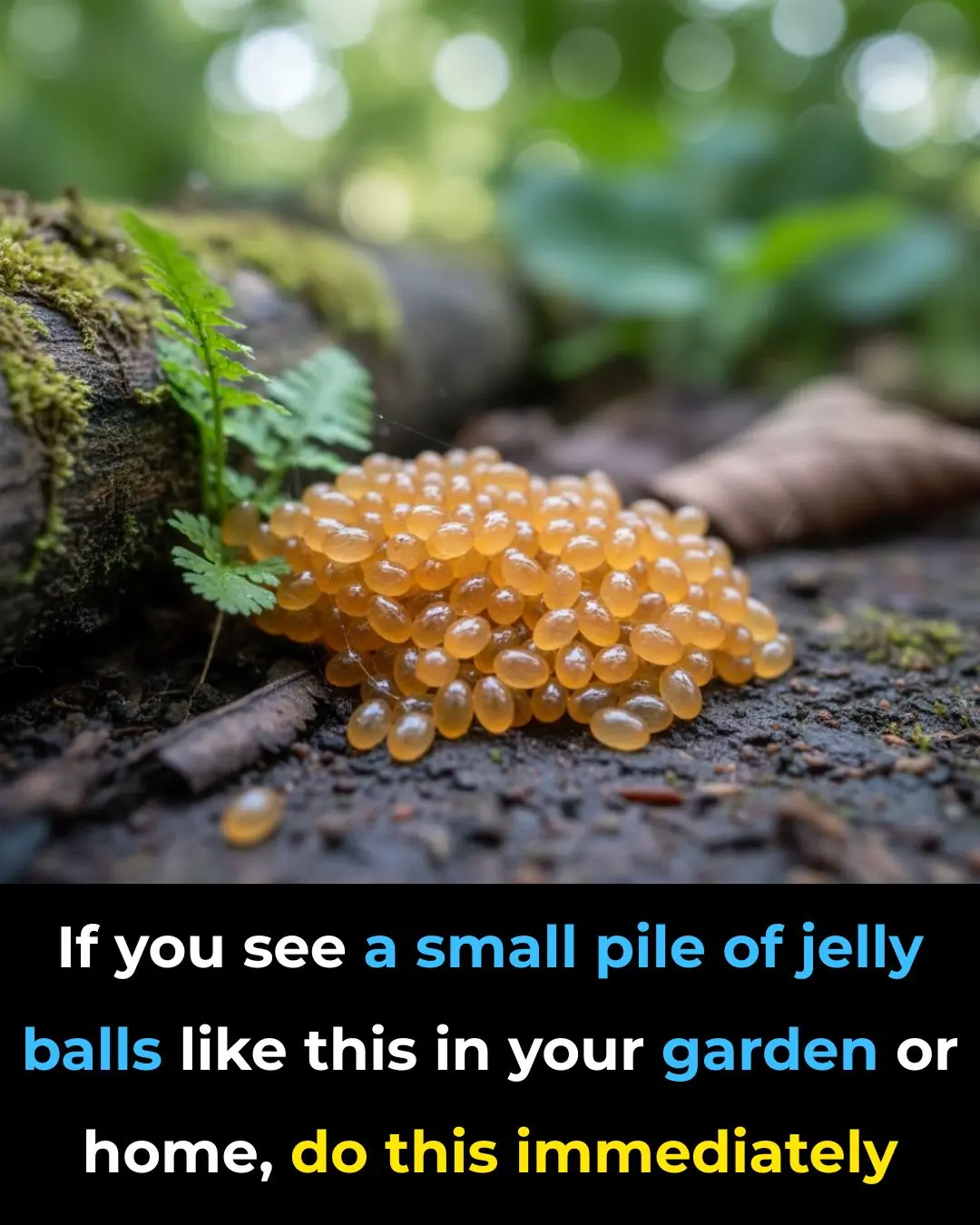
They look so harmless
